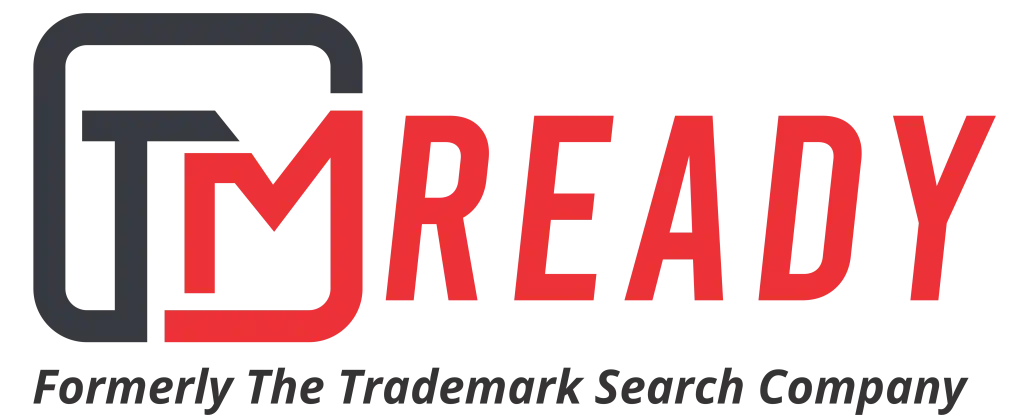Trademarks are intellectual properties that businesses register to protect their identity. Being familiar with patents and copyrights, businesses should know the facts about trademarks. Trademarks give a special identity to manufacturers of goods and service providers. Having registered a trademark, an entity gets exclusive rights to use it. Moreover, trademarks help in increasing the social reputation of small organisations like start-ups, and small and medium enterprises. As per the USPTO guidelines, you can trademark a word, phrase, symbol, or design, or a combination. Without a trademark on a product, it’s hard to know the manufacturer of the product. Thus, trademarks represent the businesses. For instance, a company trademarks a logo to distinguish itself from other companies. In this article, we’ll get to know some interesting facts about trademarks.
Related Article: Common Law Trademark: All You Need to Know
Facts about Trademarks
You should know facts about trademarks before registering one. Many of us may not know the difference between a trademark and a service mark. Service marks are the same as trademarks. However, they are used for services offered by businesses. Generally, businesses inscribe their trademarks on their goods. On the other hand, service marks are used for the services provided by businesses. There are various interesting facts about trademarks. One of them is that trademarks, copyrights, and patents aren’t the same. Thus, they protect different things such as invention, original literary work, brand name, and so on.
Now we know facts about trademarks. Let’s find out how many types of trademarks are.
Types of Trademark
We learned some facts about trademarks in the previous section. Usually, businesses use the TM symbols with their unique marks. TM symbol doesn’t a legal significance. However, it means that a business is thinking about registering its mark. There are different types of trademarks.
Fanciful and Arbitrary marks
Fanciful marks have no dictionary meaning or other meaning whatsoever. They are just random words that can be pronounced. For instance, the word “VAIO” has no dictionary meaning. VAIO is the perfect example of a fanciful mark.
On the other hand, arbitrary marks are words with dictionary meanings. However, arbitrary marks have no relationship and association with the products that the company manufactures. For instance, the word “Apple” has a dictionary meaning. However, nobody can relate Apple to its products.
Suggestive Marks
Marks that suggest a connection to goods or services are called suggestive marks. Moreover, they don’t describe goods and services. For instance, the use of “Wear Clean Clothes” as a trademark for a laundry service.
Descriptive Marks
The USPTO considers descriptive marks weak; therefore, it’s hard to trademark them. Descriptive marks describe services and goods. For instance, a computer manufacturing company uses “Fast Computing” as a trademark.
Generic Marks
Common words that we use every day are some examples of generic marks. As a result, they are considered weak marks. For instance, “Flavoured Milk” for Milk business is a generic mark.
Related Article: What is the new USPTO Trademark Rule?
What are Trademarks, Copyrights, and Patents?
Trademarks, copyrights, and patents are three different types of protection. Despite having some similarities, they aren’t the same. People may confuse, because they almost serve the same purpose. However, they protect entirely different categories.
Trademarks
Mainly, companies register their unique marks as trademarks. Moreover, companies use their trademarks on their goods. Thus, trademarks help consumers in identifying the manufacturer of goods. Generally, trademarks protect the names of brands and brands’ logos. Conflicting trademarks can confuse consumers. As a result, the USPTO refuses to register conflicting trademarks. For example, Google, Facebook, and Microsoft are a few examples of the trademark.
Copyrights
Copyrights protect original works of the author from being distributed and reproduced without authorization. The intellectual work can be literature, drama, music, art, and so on. After copywriting intellectual work, the author gets the exclusive rights. The author may reproduce and distribute his copyrighted work. Moreover, the author may perform and display copyrighted work.
For example, the author of a book may reproduce and distribute his work publicly if it’s copyrighted. Moreover, the author may make a movie on it.
Patents
The USPTO receives several patent applications every year. Thus, it has made guidelines to ease the patent filing process. It has further categorized patents in three types: design, plant, and utility. A patent protects an invention from being exploited. As a result, you can protect your ground-breaking invention through patent. There are three types of patents:
- Utility patents
- Design patents
- Plant patents
For example, let’s suppose that you come across a brilliant idea. Moreover, this idea of yours is practical and enforceable. Then, this novel idea can be patented once it’s practically implemented. Once you patent the invention, nobody else can use your invention without your permission.
Related Article: Trademark Monitoring: Why is it indispensable for Businesses?
Unacceptable trademarks and service marks
The USPTO has issued various guidelines that mention the marks that applicants can’t register. Therefore, before registering a trademark, you must go through the guidelines. The following are the facts about trademarks that you don’t want to ignore.
- You can’t register a surname or an individual’s name.
- If a mark describes goods/services geographically, you can’t register it.
- You can’t use a generic term as a trademark or a service mark.
- Moreover, you can’t register a generic term in a foreign language.
- The USPTO refuses the registration of a trademark or service mark which is a book name or a movie name.
- Also, registration of a matter name of which a product is made isn’t allowed.
In conclusion, a trademark and a service mark are important parts of companies. Without a trademark, your product may not be considered reliable by consumers. Thus, you need to register your unique mark that represents your company.
Related Article: Global TM Search: Strategies and Advantages
Need the assistance of TMReady
TMReady is a U.S. based trademark firm. For more than ten years, TMReady has served clients from more than 45 countries. Also, TMReady provides outstanding trademark services and ease the trademark registration process. Moreover, we, at TMReady, have experts in our team that performs unremarkably. Since the inception of TMReady, it has provided services to various applicants.
Our process is completely transparent, and we don’t’ hide anything from our clients. Moreover, customer satisfaction is our topmost priority. For using our affordable services, visit the website today – TMReady.





